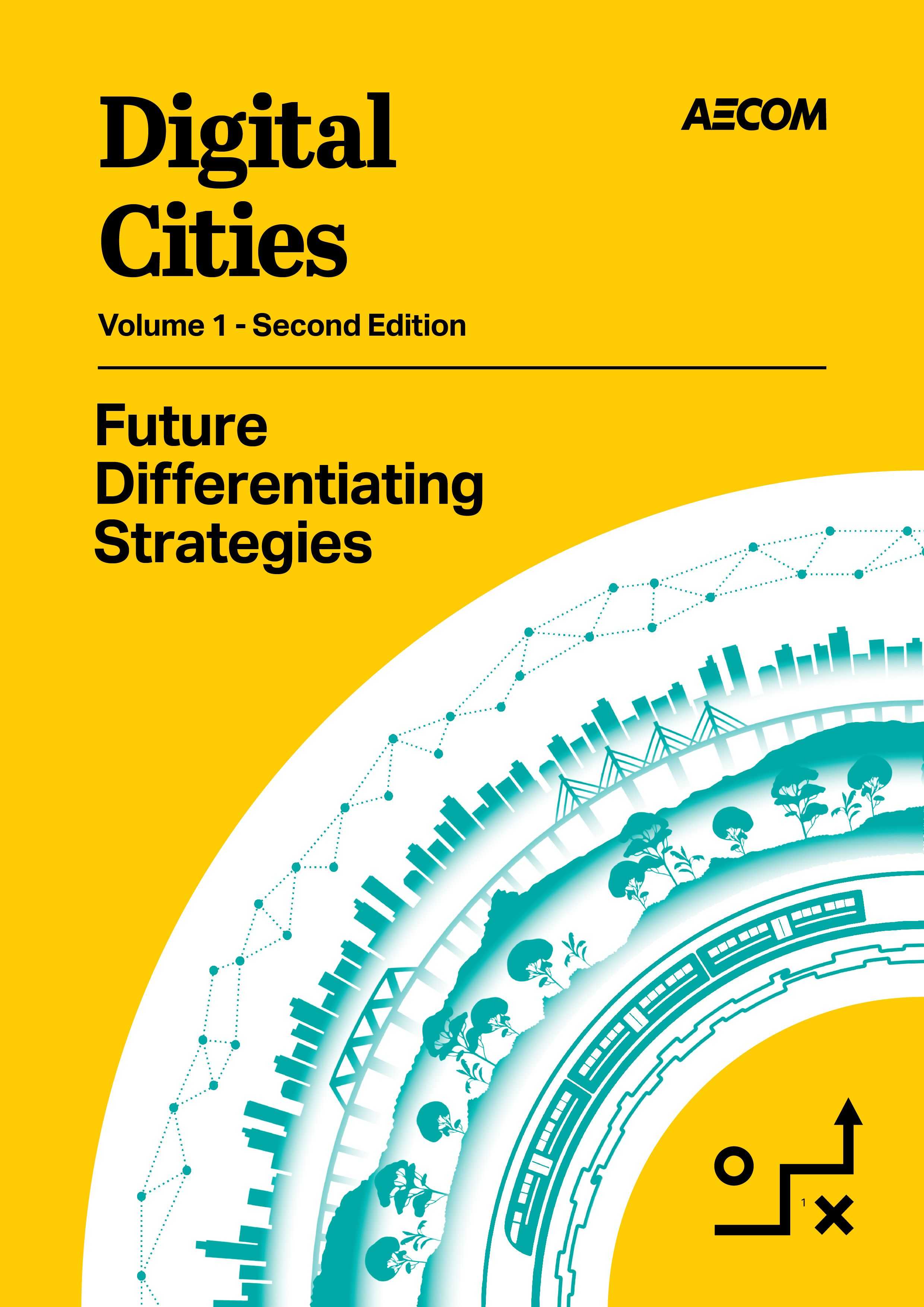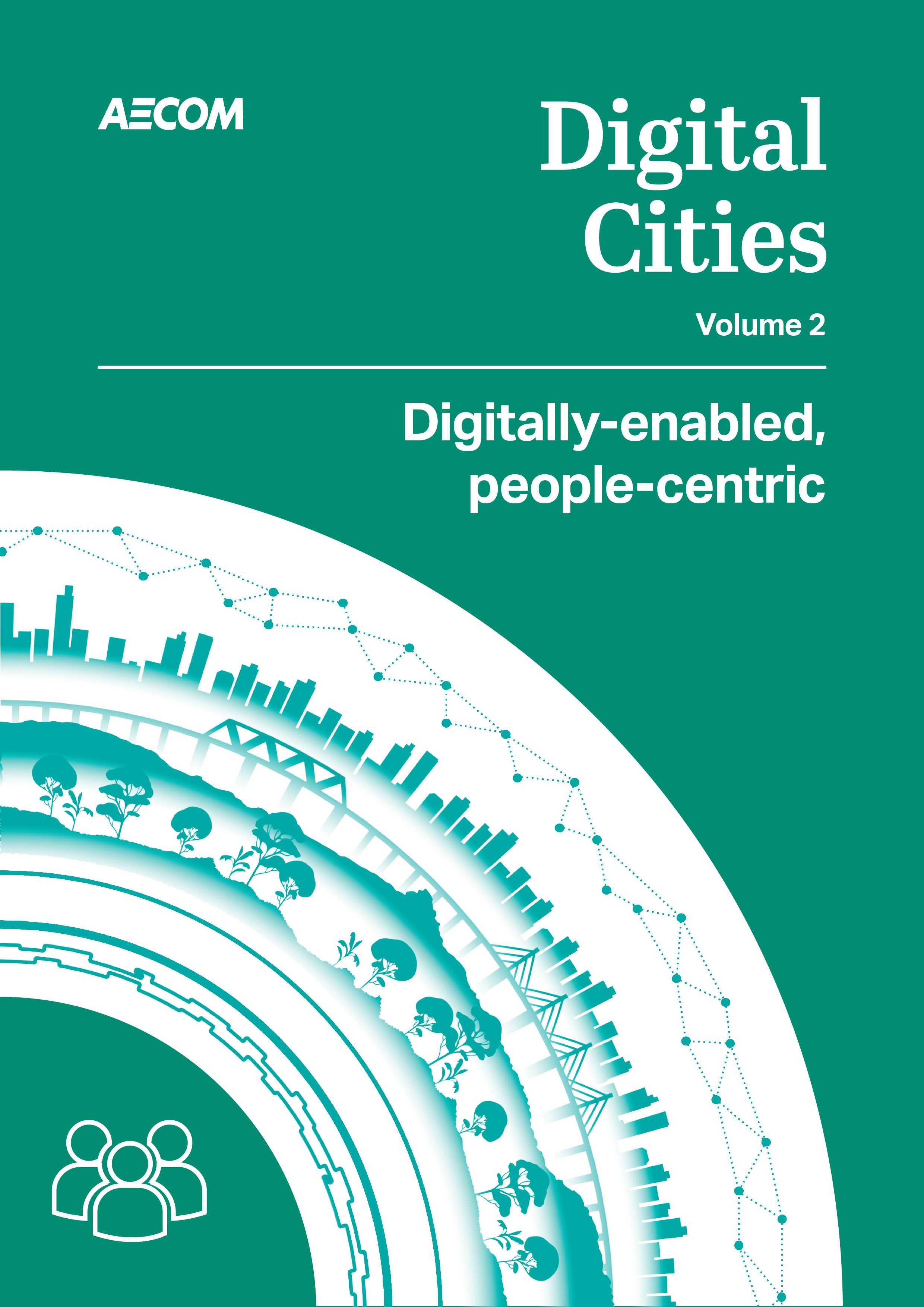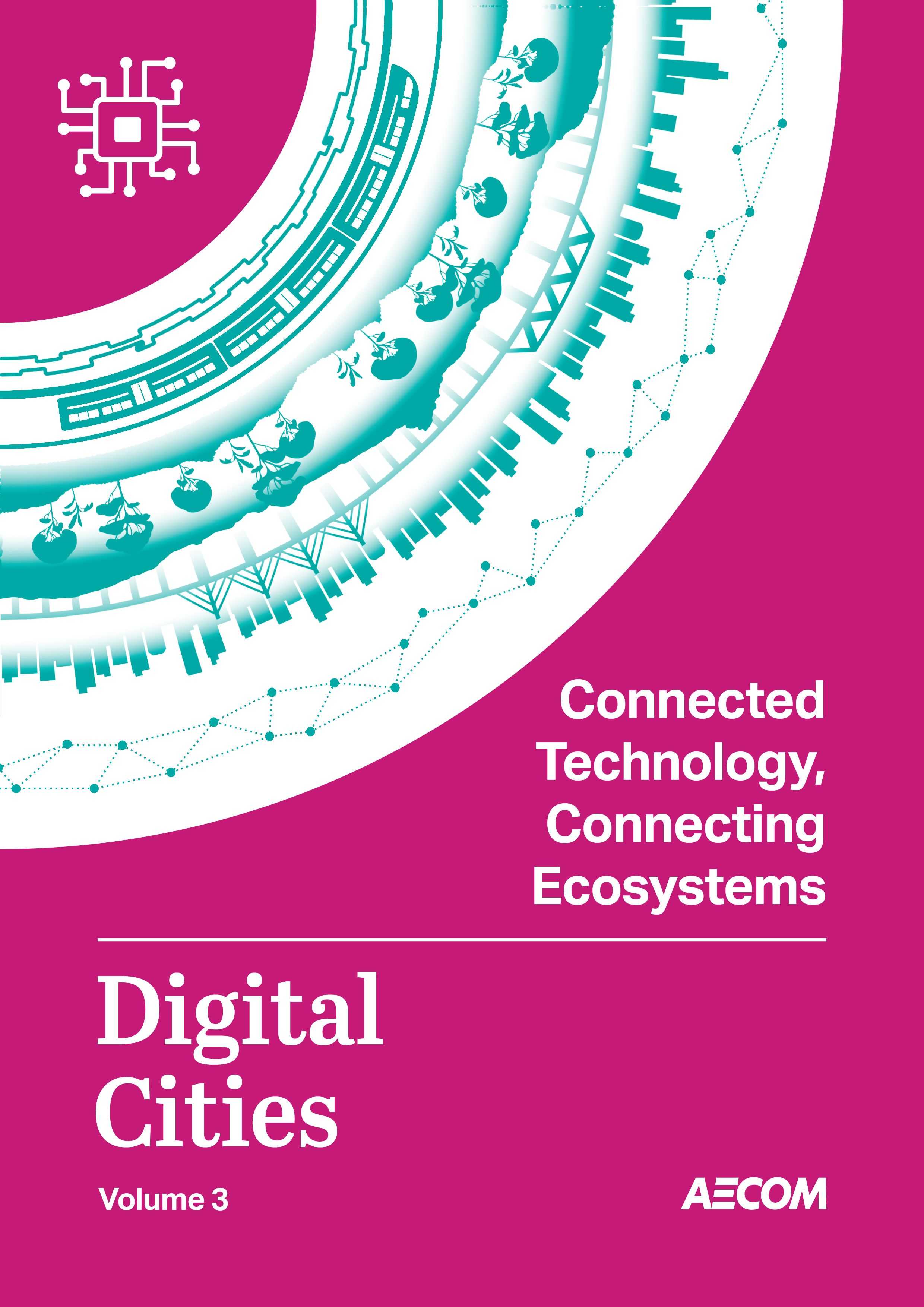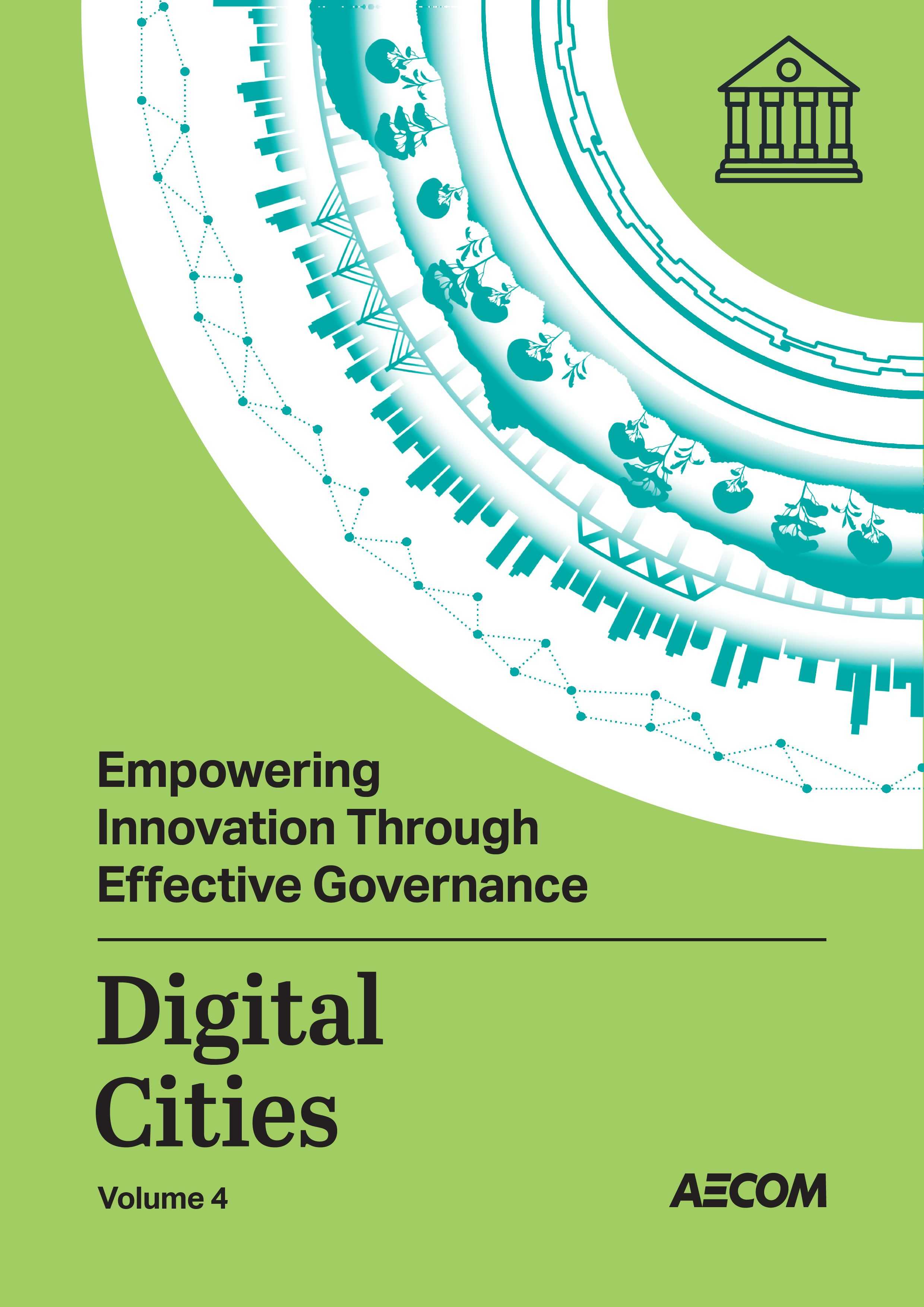
Through Digital Cities in Action, we explore the practical applications and transformative possibilities of Digital and AI applied to our urban and natural environments.
AI is at the forefront of the digital scene today – a development that is both exciting and at times, daunting. At AECOM, we focus on its practical applications. Through Digital Cities in Action, we are demonstrating how we can integrate AI with digital solutions to solve complex challenges and create tangible and lasting impact in our cities.
From the complexities of rapid urbanization and the growing impacts of climate change, we are facing a period of accelerating and unprecedented change. To navigate this intricate landscape, we must seek out innovative and forward-thinking solutions to offer practical answers to emerging challenges.
Let’s embark on an exploration of the various facets of digital cities.
This series delves into the practical applications of technology and innovation, presenting case studies and insights that illustrate how digital solutions and AI are reshaping the way we approach urban challenges. From strategic frameworks to real-world implementations, we highlight how cutting-edge technologies, data-driven insights and integrated planning are redefining the future of our cities, while carefully managing their societal impacts.
Where this began - Digital Cities reports
This series began with the Digital Cities reports, which look at unlocking the potential of digital cities. In the first part of the four-part publication, we introduced the importance of strategy and the role it plays in the planning and managing a digital city.
Part two outlined a people-centric approach to future living, examining the critical relationship between digital and people and ensuring the latter are given equal attention as both the co-creators and beneficiaries of present and future urbanization.
The third volume expanded on and adds to these areas by examining how technology is being used to unlock potential and help transform the built environment.
The fourth and final volume emphasized the importance of implementing effective and responsive governance at all levels to ensure a net positive for society.




